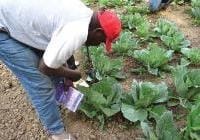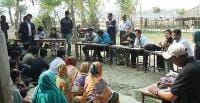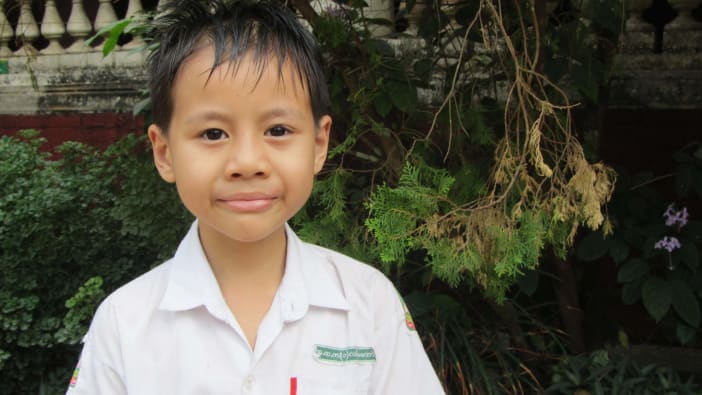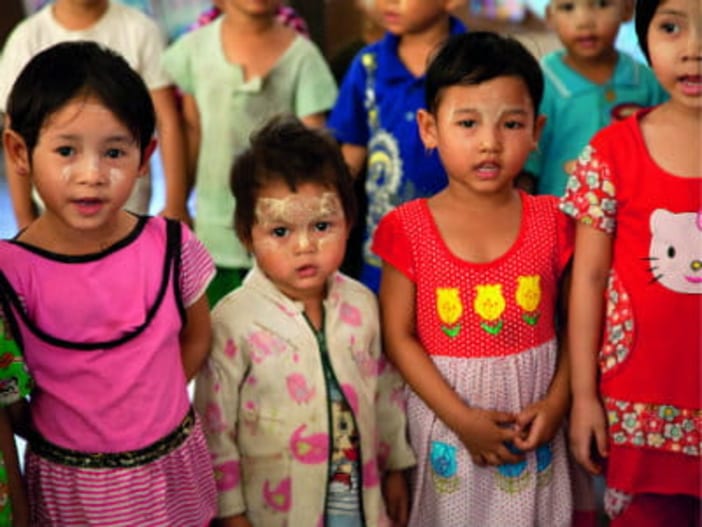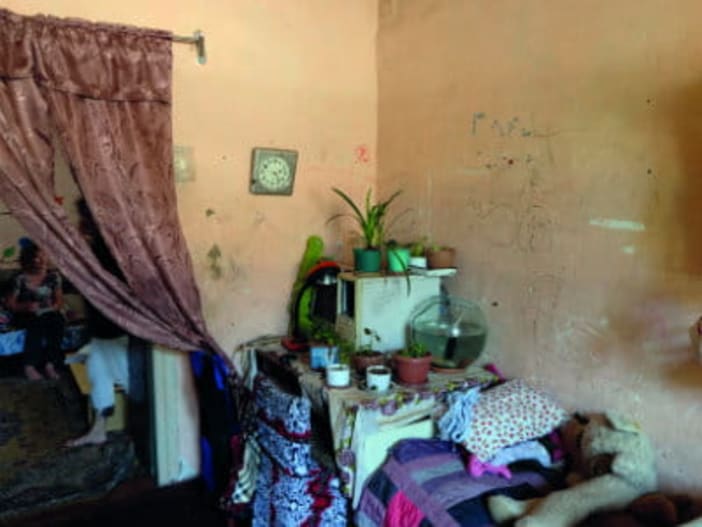Case study: In May 2011, Tearfund partners from across Chad received training on environmental sustainability where they learnt the importance of care for God’s creation and how to improve food production using natural methods such as agroforestry and composting. Eight months later, a follow-up visit was organised by the trainer for five partners from the north to see how the learning from the workshop had been put into practice by two partner organisations in the south. The group visited villages and fields to find out how learning from the workshop is passed on and applied to the farmers. Discussing practical details with the southern partners gave the northern partners insight and advice which enabled them to improve their own work.
Individual visits
Who? Entrepreneurial individuals who have developed expertise in a field and who are willing to help others to apply this knowledge in a new context.
Case study: Joel Tembo, a member of Tearfund’s Inspired Individuals programme, recognised a social need and developed a business solution to the growing problem of waste disposal in Goma, Democratic Republic of Congo. He established a waste and services company whilst mobilising the church and community to engage with environmental issues. He visited Sierra Leone to share his knowledge and experience with local organisations and churches who were interested in waste management. Those in Sierra Leone were inspired by Joel’s work, but what surprised both sides was how much Joel felt he learnt from the experience himself. ‘Before I went to the field, I didn’t see the link between environmental sustainability and development work on the ground. When I saw what was happening in the villages, I was very impressed’, he commented.
Peer to peer evaluation visits
Who? Organisations that are willing to evaluate a peer organisation and be evaluated themselves in return.
Case study: Three organisations, two in India and one in Bangladesh, wanted to improve the quality of their Disaster Risk Reduction projects and decided to use evaluation as an opportunity to learn from one another. Not wanting to employ an expensive outside consultant, they decided to try a peer evaluation model. To ensure that the evaluation was consistent, a set of questions were developed in advance and used in each evaluation. An evaluation team, containing members from all the participating organisations, spent two weeks visiting the project sites of each organisation in turn. By the end of the process, all three organisations had been evaluated and had had the opportunity to evaluate others, sharing learning and building relationships for the future.
‘Jump-start’ visits
Who? An organisation that wants to start working on a new issue visits an organisation which already has experience in this field.




